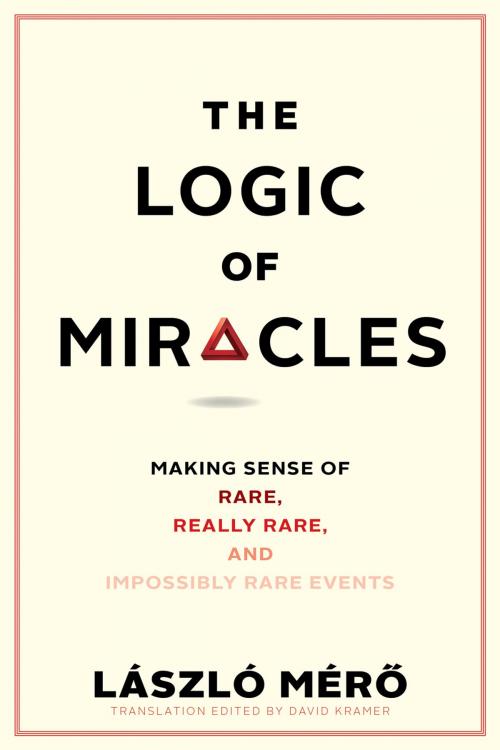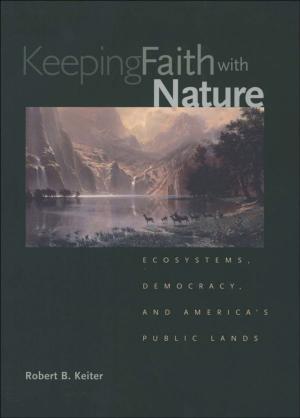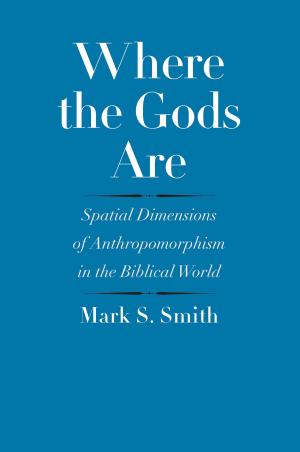Logic of Miracles
Making Sense of Rare, Really Rare, and Impossibly Rare Events
Nonfiction, Science & Nature, Mathematics, Statistics, Business & Finance, Economics, Theory of Economics, Economic History| Author: | Laszlo Mero | ISBN: | 9780300238488 |
| Publisher: | Yale University Press | Publication: | April 17, 2018 |
| Imprint: | Yale University Press | Language: | English |
| Author: | Laszlo Mero |
| ISBN: | 9780300238488 |
| Publisher: | Yale University Press |
| Publication: | April 17, 2018 |
| Imprint: | Yale University Press |
| Language: | English |
We live in a much more turbulent world than we like to think, but the science we use to analyze economic, financial, and statistical events mostly disregards the world’s essentially chaotic nature. We need to get used to the idea that wildly improbable events are actually part of the natural order. The renowned Hungarian mathematician and psychologist László MérŠ‘ explains how the wild and mild worlds (which he names Wildovia and Mildovia) coexist, and that different laws apply to each. Even if we live in an ultimately wild universe, he argues, we’re better off pretending that it obeys Mildovian laws. Doing so may amount to a self†‘fulfilling prophecy and create an island of predictability in a very rough sea. Perched on the ragged border between economics and complexity theory, MérŠ‘ proposes to extend the reach of science to subjects previously considered outside its grasp: the unpredictable, unrepeatable, highly improbable events we commonly call “miracles.”
We live in a much more turbulent world than we like to think, but the science we use to analyze economic, financial, and statistical events mostly disregards the world’s essentially chaotic nature. We need to get used to the idea that wildly improbable events are actually part of the natural order. The renowned Hungarian mathematician and psychologist László MérŠ‘ explains how the wild and mild worlds (which he names Wildovia and Mildovia) coexist, and that different laws apply to each. Even if we live in an ultimately wild universe, he argues, we’re better off pretending that it obeys Mildovian laws. Doing so may amount to a self†‘fulfilling prophecy and create an island of predictability in a very rough sea. Perched on the ragged border between economics and complexity theory, MérŠ‘ proposes to extend the reach of science to subjects previously considered outside its grasp: the unpredictable, unrepeatable, highly improbable events we commonly call “miracles.”















